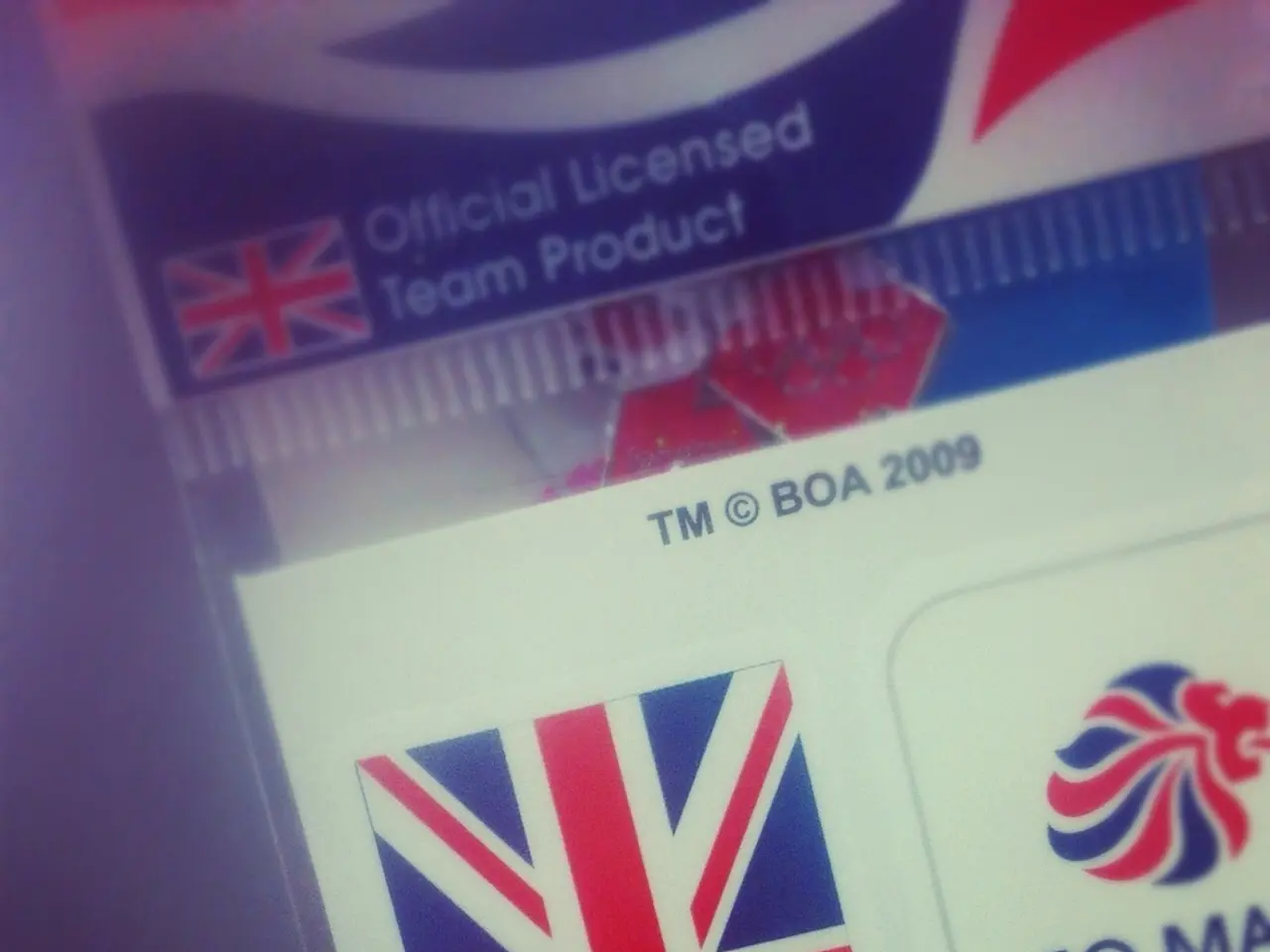UK's digital identity deployment necessitates collaboration between the public and private sectors, according to industry reports
The Centre for Innovation, Finance and Technology (CFIT) has unveiled a blueprint for a Digital Company ID, a multi-stakeholder prototype system aimed at creating a commercially viable digital identity scheme in the UK. This initiative, which involves approximately 70 organizations including biometric technology providers like Daon, Yoti, and OneID, is designed to streamline identity verification for businesses, reduce economic crime, and enhance compliance.
The Digital Company ID system is set to integrate verified business identifiers and biometric technology, governed by industry-led standards for trust and efficacy in identity verification. Key elements of this initiative include linking Legal Entity Identifiers (LEIs) with official business registries to simplify due diligence processes such as Know Your Customer (KYC) and Know Your Supplier (KYS). By embedding LEIs with URLs connecting to trusted data sources like the UK Companies House or Swiss business registries for verified company information, the Digital Company ID system aims to provide a secure and reliable solution.
Lee McNabb, head of payments strategy and partnerships at NatWest Group, has emphasized the opportunity for the UK to drive a digital identity scheme and the need for public-private collaboration. McNabb compared the failed take-up of a UK digital ID scheme in the past to the implementation of Open Banking in the UK, which he said was done without considering commercial viability. He also pointed out that Australia has overcome cultural resistance to an ID scheme by framing it as enabling a core outcome, rather than labeling it as digital ID.
Ronny Khan, senior advisor at The Norwegian Digitalisation Agency, highlighted the well-developed digital ID system in the Nordics, achieved through public-private cooperation, a point not mentioned in the current discussion about the Digital Company ID.
Leon Ifayemi, director of coalitions and research at CFIT, expressed concern about banks not relying on digital ID if they cannot verify the accuracy of the data. Ifayemi emphasized the need for "gradualism" to establish trust in digital ID, using the GOV.UK Wallet and app as an example. By starting with a digital driver's licence on the government wallet, it becomes the norm for 16 and 17-year-olds.
Reinhard Hochrieser, vice president of product management at Jumio, suggested that regulators and government should align on a common standard, with companies building products on top. However, his suggestion was not mentioned in the current paragraphs.
CFIT's blueprint represents a coordinated industry-government partnership approach with a strong emphasis on interoperability, security, and reducing barriers to trust and identity verification in the UK digital economy. The project is at a prototype stage, moving toward creating a practical roadmap and policy proposals for broader adoption. If successfully implemented, the Digital Company ID could help mitigate the annual £6.8 billion cost of fraud to the UK economy.
In March this year, CFIT published a blueprint for fighting economic crime through the widespread adoption of Digital Company ID. The GOV.UK Wallet and app will launch this year with an early version of a digital driver's licence and will gradually add more data points.
[1] Centre for Innovation, Finance and Technology (CFIT). (2021). Blueprint for a Digital Company ID. Retrieved from https://www.cfit.org.uk/digital-company-id/
[2] HM Government. (2021). GOV.UK Wallet. Retrieved from https://www.gov.uk/government/publications/govuk-wallet/govuk-wallet
- The Digital Company ID system, unveiled by CFIT, integrates business identifiers and biometric technology, aiming to streamline identity verification for businesses and reduce economic crime.
- Lee McNabb, from NatWest Group, emphasized the need for public-private collaboration to drive a digital identity scheme, citing the success of Open Banking in the UK.
- Ronny Khan, from The Norwegian Digitalisation Agency, highlighted the well-developed digital ID system in the Nordics, achieved through public-private cooperation.
- Leon Ifayemi, from CFIT, expressed concern about banks not trusting digital ID unless the accuracy of the data can be verified and proposed a gradual approach, such as using a digital driver's license on the government wallet.
- Reinhard Hochrieser, from Jumio, suggested that regulators and government should align on a common standard, with companies building products on top.
- CFIT's blueprint for the Digital Company ID represents a coordinated industry-government partnership approach, focusing on interoperability, security, and reducing barriers to trust and identity verification.
- The GOV.UK Wallet and app, which will launch this year, will include an early version of a digital driver's license and gradually add more data points, as part of the Digital Company ID initiative aimed at fighting economic crime.




